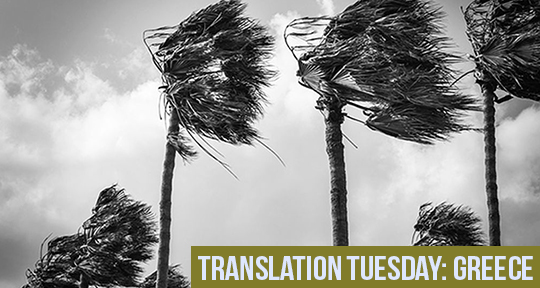This week our writer’s bring you the latest news from the United Kingdom, Argentina, and Mexico. In the UK, Oxford Translation Day welcomed past Asymptote contributor Sophie Hughes to talk about her Booker-shortlisted translation of Fernanda Melchor’s Hurrican Season. In Argentina, the rising cases of COVID-19 have prompted the Fundación Filba to organize virtual classes with well-known Latin American writers. In Mexico, booksellers are finding innovative solutions to reach readers as the stores remain closed. Read on to find out more!
Andreea Scridon, Assistant Editor, reporting from the United Kingdom
Every year, research center Oxford Comparative Criticism and Translation hosts Oxford Translation Day, consisting of workshops, readings, and talks, as a prelude of sorts to the award of the Oxford-Weidenfeld Translation Prize on the June 13, at its home base of St. Anne’s College, Oxford.
Given this year’s unusual global situation, Oxford Translation Day is taking place online over the span of several weeks. We are particularly looking forward to Asymptote contributor Sophie Hughes’s talk on her Booker-shortlisted translation of Fernanda Melchor’s Hurricane Season (Fitzcarraldo Editions), which we’ve featured here and here, on June 13. Another event that seems particularly intriguing is poet and translator A.E. Stallings’s discussion of two contemporary Greek female poets, Katerina Anghelaki-Rooke and Kiki Dimoula, also on June 13. READ MORE…


